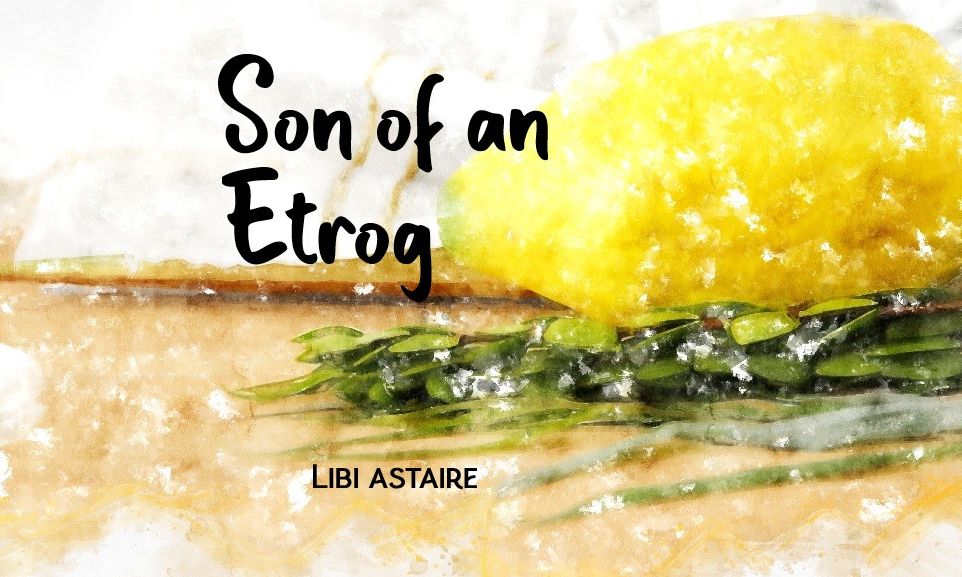
The Son of An Etrog
Is the etrog just a simple piece of fruit that gains importance only during Sukkot? Read of the far-reaching effects of this mitzvah...

When it came to purchasing a beautiful etrog – the citron used during the holiday of Sukkot – for his community, Rebbe Chaim Meir Yechiel Shapira of Mogelnitz didn’t spare a penny or waste a minute. Immediately after Rosh Hashanah he would select one of his most trusted Chassidim for the important task and give the man a handsome sum of money. The Rebbe would personally warn the man not to spare any efforts in accomplishing his mission, and so with these words still ringing in his ears the Chassid would ride off in his wagon.
The reason for the Rebbe’s zealousness was that even in a good year, a beautiful, top-quality etrog was hard to find in Eastern Europe. And when it was a bad year, the search for an etrog that met Rebbe Chaim Meir Yechiel’s exacting standards could take almost the full two weeks.
This particular year was a very bad one, indeed, and even plain etrogim were hard to come by. The Chassid traveled from village to village, but without success. It didn’t matter that the man rose early and stayed up late every day to fulfill his Rebbe’s request, or that he ate his meals in a rush so that he would not waste even an extra minute of his precious time. The further he traveled, the worse the selection of etrogim became. He was now far from home, the Yom Tov was fast approaching and he had absolutely nothing to show for his efforts.
“This must be my last stop,” the poor man said to himself as he spotted the town of Preissin in the distance. “I must purchase the first etrog I find here – beautiful or not – because otherwise neither I nor the etrog will make it back to Mogelnitz in time.”
After the man found lodgings for himself and took care of feeding his horse, he went to synagogue to say Mincha, the afternoon prayer. As he had arrived a few minutes early, the Chassid took down a holy book and began to learn – but he was immediately distracted by a conversation being held behind him.
“Did you hear about Mr. Almoni’s etrog?” asked the first man.
“Nu, what about it? Is it nice?” his neighbor replied.
“Nice? The word ‘nice’ can’t begin to describe this etrog,” the first man explained. “It’s the most beautiful etrog I’ve ever seen – and I’ve seen some beautiful etrogim in my time.”
Upon hearing these words, Rebbe Chaim Meir Yechiel’s Chassid introduced himself to the two men and asked where he could find this Mr. Almoni.
“He lives in the big mansion at the end of the main street,” the first man replied. “He’s a very wealthy man and generous, too. If you’ve come to ask for tzedakah (charity) for some worthy cause, I’m sure you won’t be disappointed.”
The Chassid thanked the man for his information and then returned to his seat to say the prayers for Mincha, which he did with especial concentration.
After the service was over, the Chassid rushed to the big mansion. Certain that his prayers for a beautiful etrog were about to be answered, he eagerly knocked on the massive wooden door. A smartly dressed servant showed the Chassid into the wealthy man’s study, and then left him alone to wait for Mr. Almoni to appear.
As the Chassid gazed at the richly decorated room, his spirits quickly began to sink. A thick Persian carpet covered the polished wooden floor. The sofa and chairs were upholstered with a luxurious brocaded silk cloth. The beautifully inlaid wooden tables and intricately carved breakfronts bespoke the highest quality of craftsmanship.
Sitting in a prominent place on a side table and protected by a glass cover was the etrog – and it was even more beautiful than the Chassid had imagined. How he longed to be able to present this etrog to his Rebbe. But if Mr. Almoni could afford all this luxury, what could the Chassid possibly offer him in return for his etrog?
Although he was uncertain as to what the outcome would be, the Chassid decided to do his best to explain the reason for his request. And so when Mr. Almoni entered, the Chassid explained how he had been sent on a mission by his Rebbe to find a beautiful etrog and how he had no success in locating one that was suitable – until now.
“I am happy to give you tzedakah for the Yom Tov,” Mr. Almoni replied, “but I am not willing to part with my etrog.”
“My Rebbe is a holy tzaddik,” the Chassid cried out. “If you allow me to purchase your etrog, you will most certainly have a share in the exalted way he performs this mitzva.”
“I cannot sell you this etrog,” the wealthy man said.
“You cannot sell it, or you do not wish to sell it?” the Chassid boldly asked.
“As you well know,” Mr. Almoni replied, “on Sukkot we are commanded to be b’simcha (joyous). You’ve had a chance to see my beautiful home and all the beautiful things I have in it, and so you might think that I have every reason in the world to be happy. But if you listen very carefully, you will discover that there is one thing that prevents me from being truly being b’simcha. Can you hear it?”
The Chassid listened carefully for a few moments, but could hear nothing.
“I only hear silence,” the Chassid said.
“That’s exactly it,” the wealthy man said with a heavy sigh. “What you do not hear is the sound of children laughing and playing. The reason, of course, is because Hashem has not blessed me with children.
“By now my wife and I are accustomed to eating our meals in silence,” Mr. Almoni continued, “but on Sukkot – when we sit alone in our sukkah – it is very difficult for us to be happy. My one source of joy is the beautiful etrog I am able to purchase every year, thanks to the vast wealth Hashem has given me. If I sell you this etrog, what will I have left to give me joy during the holiday?”
The Chassid had no answer, and so the two sat in silence for several long minutes. The Chassid gazed once more about the room, but now all the rich furnishings seemed to be much less desirable in his eyes. They had been bought at too high a price, and he was truly sorry for the wealthy man’s plight. As he had nothing more to say, the Chassid stood up and prepared to leave.
Mr. Almoni had also been lost in thought, but he now roused himself to show the Chassid to the door. They had walked only a few steps together when Mr. Almoni suddenly stopped and excitedly began to speak.
“You’re sure that your Rebbe is a great tzaddik?” he asked the Chassid .
“Yes,” the Chassid replied, “everyone knows that Rebbe Chaim Meir Yechiel is an exceptionally pious man.”
“Then I have a business deal for you,” the wealthy man said. “I will sell you my etrog on condition that your Rebbe gives me a blessing for a child – and that the blessing is fulfilled within a reasonable amount of time. If I am blessed with a child, the etrog is my gift to your Rebbe and your community. But if the blessing is not fulfilled, then the etrog does not belong to you – and your community will not have fulfilled the mitzva of taking the etrog and lulav. Do you agree to these terms?”
The poor Chassid didn’t know what to do. On the one hand, he was reluctant to make such an agreement on behalf of his Rebbe. On the other hand, he knew this was his last chance to “purchase” an etrog worthy of his Rebbe. He paced up and down the room, and when his steps took him directly in front of the precious etrog the third time he knew what he had to do.
“It’s a deal,” the Chassid replied.
Within minutes the etrog was carefully wrapped and the Chassid was on his way home to Mogelnitz. As soon as he reached the town – which was already the eve of Sukkot – the Chassid headed straight for the synagogue. Rebbe Chaim Meir Yechiel had been anxiously awaiting his return, and he was overjoyed to see the Chassid – and the box he held in his hands. But even this joy could not be compared to the great joy he felt when he opened the box and saw the perfect etrog inside.
Rebbe Chaim Meir Yechiel didn’t sleep a wink that night. He sat by his window and waited for the first glimmer of dawn, the signal that he could now take up the precious etrog and perform the beloved mitzva.
The Rebbe was not the only one who couldn’t sleep that night from excitement. News of the etrog’s arrival had spread quickly throughout the town, and so when the Rebbe arrived in the synagogue he was greeted by a crowd of eager Chassidim.
A hush fell over the synagogue as Rebbe Chaim Meir Yechiel took up the etrog and lulav and prepared to say the blessing. While the Rebbe stood in a state of rapt concentration, it suddenly occurred to the Chassid that in all the excitement he had forgotten to tell the Rebbe how the etrog had been “purchased.”
He hated to interrupt his Rebbe’s lofty thoughts, but he knew it was his obligation to tell Rebbe Chaim Meir Yechiel the terms of the agreement before the blessing was recited. When Rebbe Chaim Meir Yechiel heard the news, his face turned ashen. He quickly put the etrog back in the box – without uttering a word to anyone – and began to ponder the situation.
Rebbe Chaim Meir Yechiel was not the sort of Rebbe to give such promises easily and so one hour passed, and then another. At last Rebbe Chaim Meir Yechiel came to a decision. He turned to the anxious congregation, who had been waiting all this time for an answer as to whether they would be able to perform the mitzva of etrog and lulav this year or not.
“I agree,” the tzaddik said quietly, “to take upon myself the terms of this agreement. I will pray to God to bless this man that he should be given a child, and ask Him to accept our prayers that the blessing we are about to make over this etrog will be valid.”
The Rebbe then joyfully took up the etrog, and with great love and concentration he recited the blessing over it.
A year later, on the eve of Rosh Hashanah, there was a knock at the Rebbe’s door. The messenger handed over a small package, which contained a beautiful etrog. Inside the package was also a note from the sender – Mr. Almoni. The note explained that the couple had been blessed with a son just a few weeks before, and that this new etrog was in thanks for the Rebbe’s having interceded in Heaven on their behalf.
Rebbe Chaim Meir Yechiel was overjoyed that his prayers on behalf of the couple had been accepted – and that now there was not even a shadow of a doubt about the mitzva he had performed the year before.
The years passed and Mr. Almoni continued to send the Rebbe a beautiful etrog every Erev Rosh Hashanah by messenger. One year when Rebbe Chaim Meir Yechiel opened the door he was greeted by a young man.
“My father has sent me to present this etrog to the honorable Rebbe,” the lad said as he handed the box to Rebbe Chaim Meir Yechiel.
As Rebbe Chaim Meir Yechiel gazed at the youth, tears began to well up in his eyes. He gave the young man a warm blessing, and as he took the package from the boy’s hands the tears were replaced by the twinkle that was more usually seen in his eyes.
“You are not only the bearer of an etrog,” the Rebbe said to the young man with a laugh, “you’re the son of an etrog!”
May all our prayers for a good and sweet New Year be received favorably in Heaven.
***
Libi Astaire is the author of Choose Light! Chassidic Tales for Chanukah, Rosh Hashanah, Sukkos, Passover & Shavuos; Breakfast with Rav Zusha and Other Stories to Wake Up Your Soul; and the award-winning Jewish Regency Mystery Series. Visit her website for more information about these and other books.



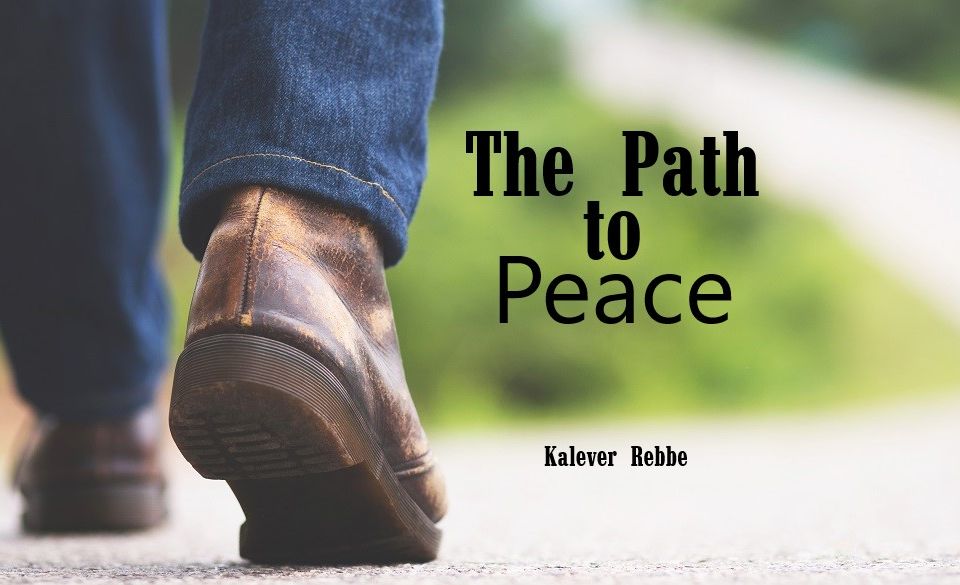
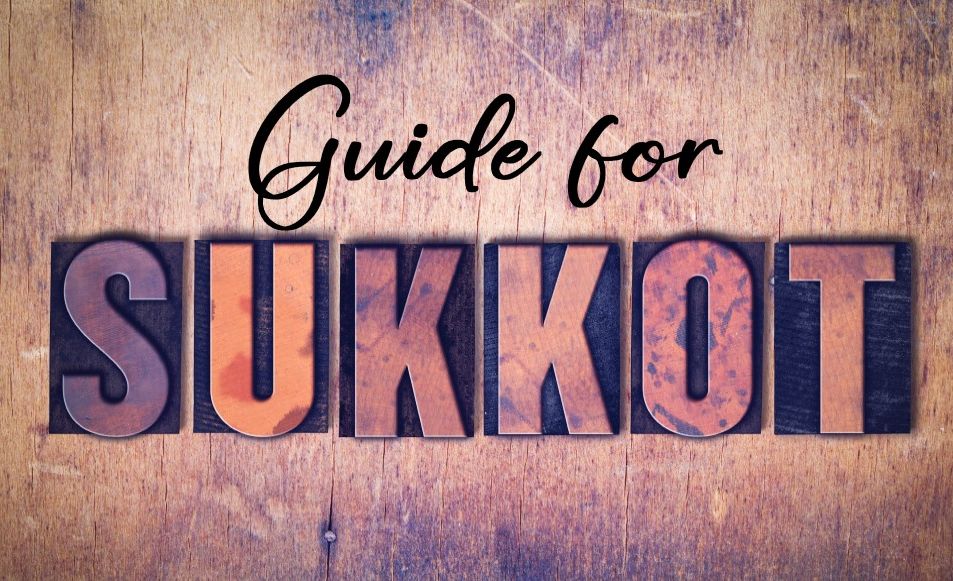
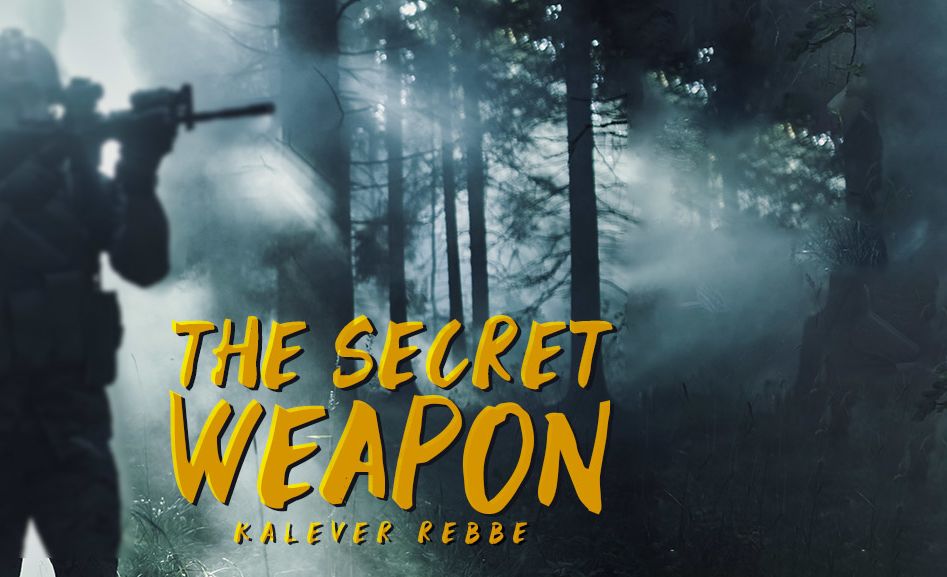

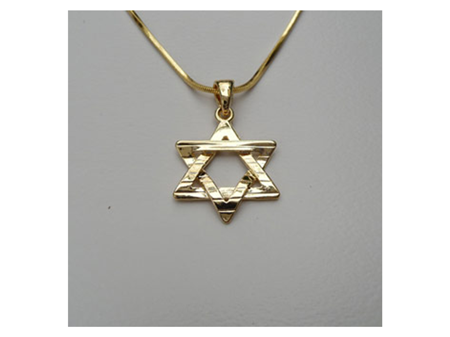
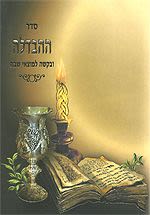
Tell us what you think!
Thank you for your comment!
It will be published after approval by the Editor.